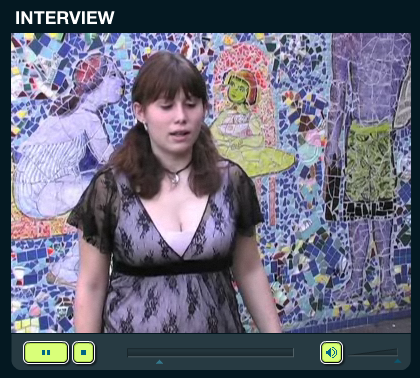We were very fortunate to have had Dr. Richard Schwier present to the students of EC & I 831 on the History of Educational Technology. Rick is a professor of educational technology and media at the University of Saskatchewan and he’s been one of the most influential individuals in my educational life. And as far as credibility goes, you need only to look at his long list of publications and awards to realize that the man knows what he is talking about.
The session was done in Elluminate and with Rick’s permission, I have provided several pieces below. The slides have been uploaded to Slideshare.net. I attempted to synchronize audio with the slides, but Slideshare just wouldn’t take the audio. I have also included a link to the Elluminate session. Finally, I have provided a video link hosted by blip.tv.
Slides at Slideshare:
Elluminate session and wiki page.
Regarding the Blip.tv Version:
I wanted a rich copy of the presentation in something other than Elluminate. Brian Lamb suggest blip.tv a while back and I have been hoping for a chance to try it out. I am sure there are many easier ways of doing the same thing on a Mac, but this was the process I used to complete the blip.tv version.
1) I ran the Elluminate version, and isolated the part of the screen I wanted recorded. For some reason I wasn’t able to record the audio and video together, so:
2) I recorded the video using Quicktime Pro (not free) pointed at Camtwist (free).
3) I recorded the audio using Wiretap Studio (not free), a GREAT audio tool for the Mac.
4) I combined video and audio in iMovie ’08, and exported as a (default) .m4v file.
5) I uploaded this raw file (217MB) to blip.tv. It took less than 1.5 minutes to upload, and no conversion was necessary. I am incredibly impressed by this service!
If anyone runs into problems with the huge blip.tv version, let me know. I am in ideal conditions, as it is after 1am and I have the University network all to myself. I’d like to see how it performs for the rest of the world, I assume not very well.





